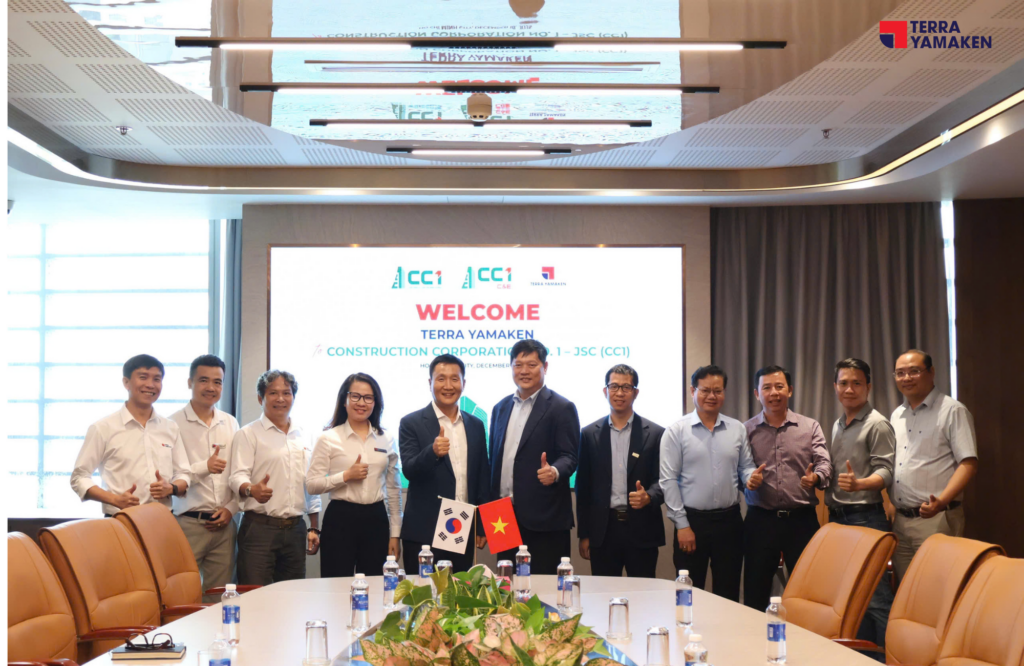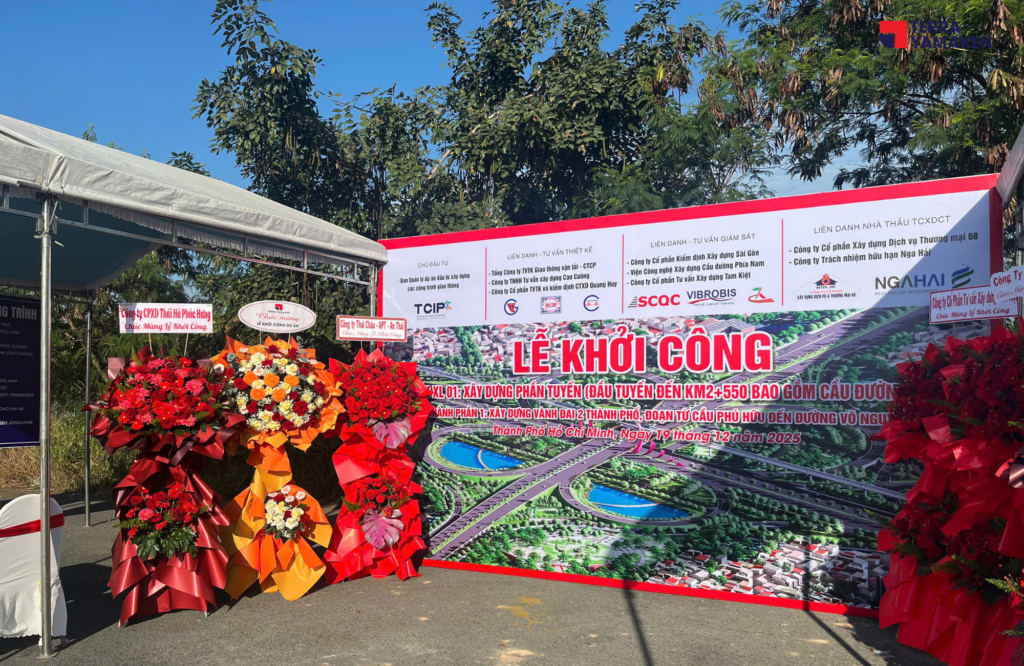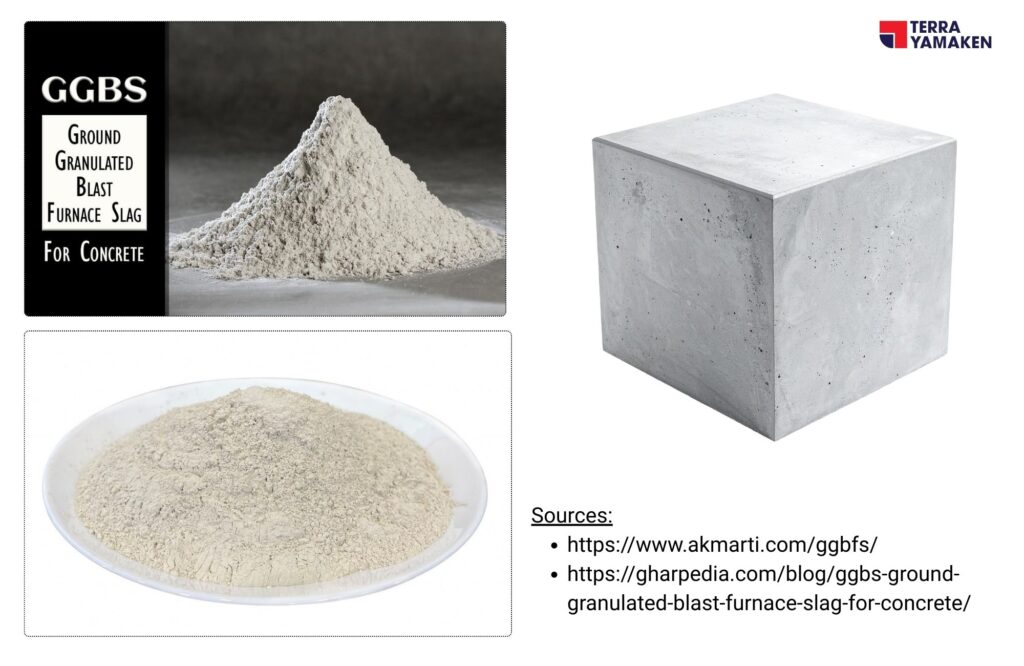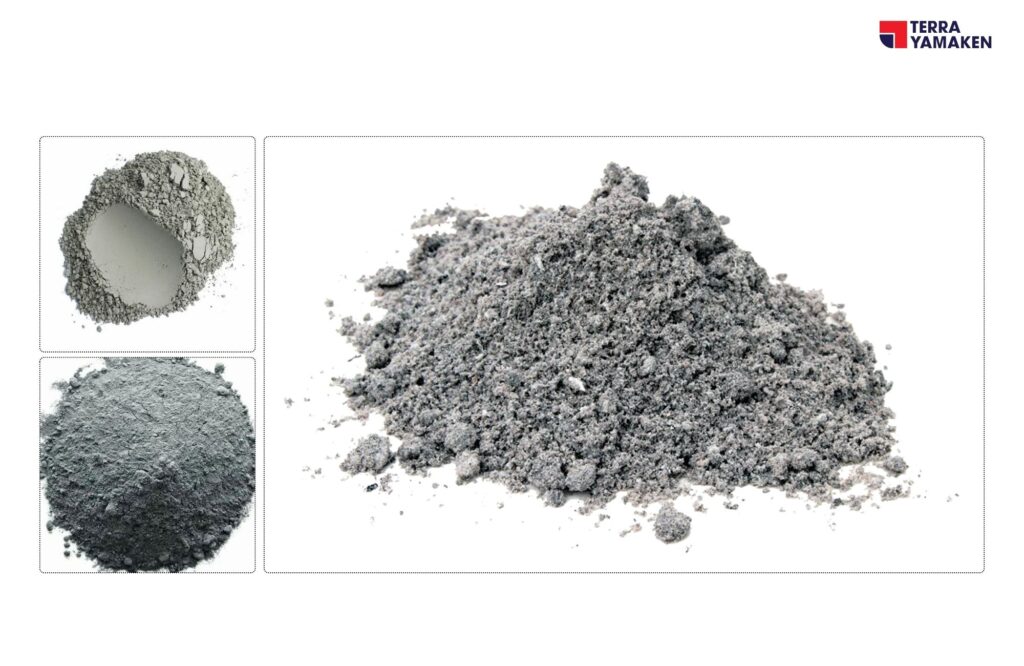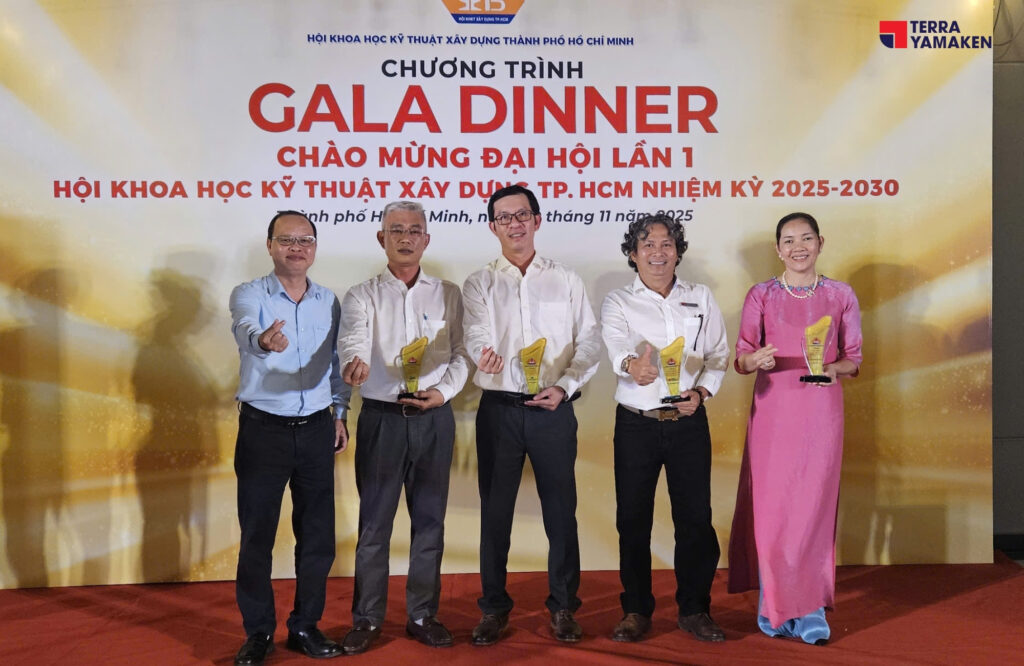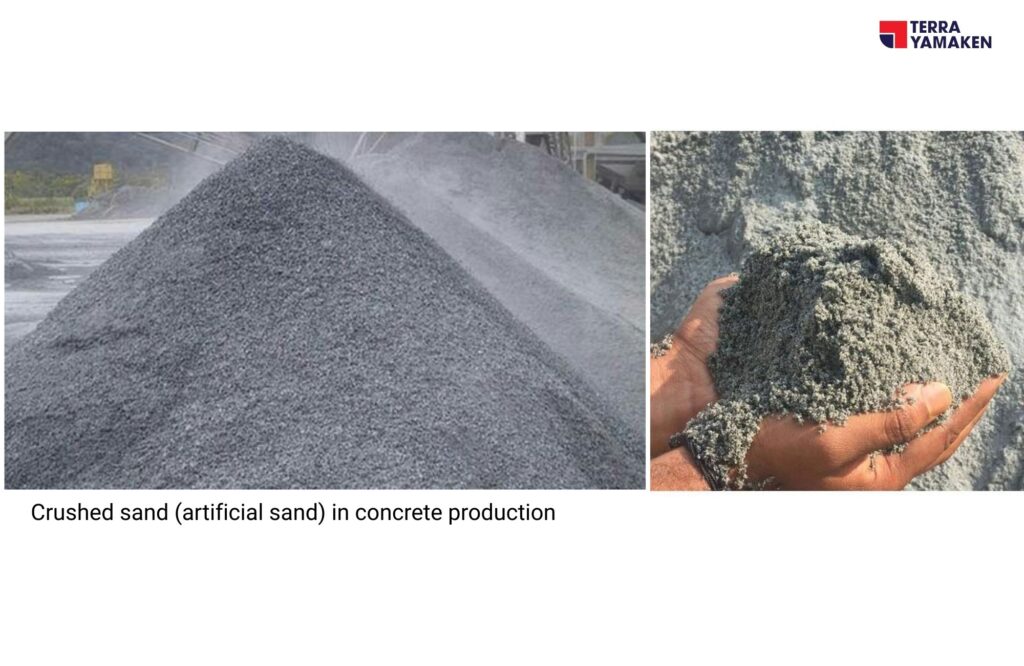The Ho Chi Minh City Environmental Sanitation Project – Phase 2 is a key infrastructure initiative aimed at maintaining and improving urban environmental hygiene, thereby enhancing the quality of life for local residents. Among its components, the wastewater treatment plant is the most critical, and it is currently entering its final stage of construction.
At the site, engineering and construction teams are working around the clock in shifts to meet the project schedule. Key tasks underway include activating the inlet pump station connection with Shaft S-20, completing the flood protection structure, constructing partition walls for the MBBR tank, and building the base slab and walls for the La Mela tank. These two tanks—responsible for sedimentation and filtration—are the most vital components of the treatment plant, forming part of the largest and most capital-intensive package of the entire project.
A notable aspect of the project implementation is the use of ready-mix concrete supplied by Terra Yamaken Concrete Joint Stock Company. With strong technical capabilities and a stringent quality management system, Terra Yamaken has fully met the demanding requirements for concrete strength, durability, and stability under the complex construction conditions of the project.
The company employs advanced production technologies, integrating leading standards from Europe, South Korea, and Japan. It also implements a digital management system throughout the entire production and delivery process. This ensures consistent quality, optimizes supply timelines, and minimizes construction risks. The concrete solutions are custom-designed for each structural component, tailored to the specific construction conditions and technical requirements on site.
The project is funded by a loan from the World Bank, with the objective of completing a comprehensive wastewater collection and treatment system for the entire Nhieu Loc – Thi Nghe basin and part of Thu Duc City (formerly District 2), contributing to improved environmental sanitation and public health.
To date, the project has completed Package XL01 – the construction of the D3200 interceptor sewer, with a total length of approximately 8 kilometers, marking a significant milestone in the journey toward building a cleaner, greener, and more sustainable city.
